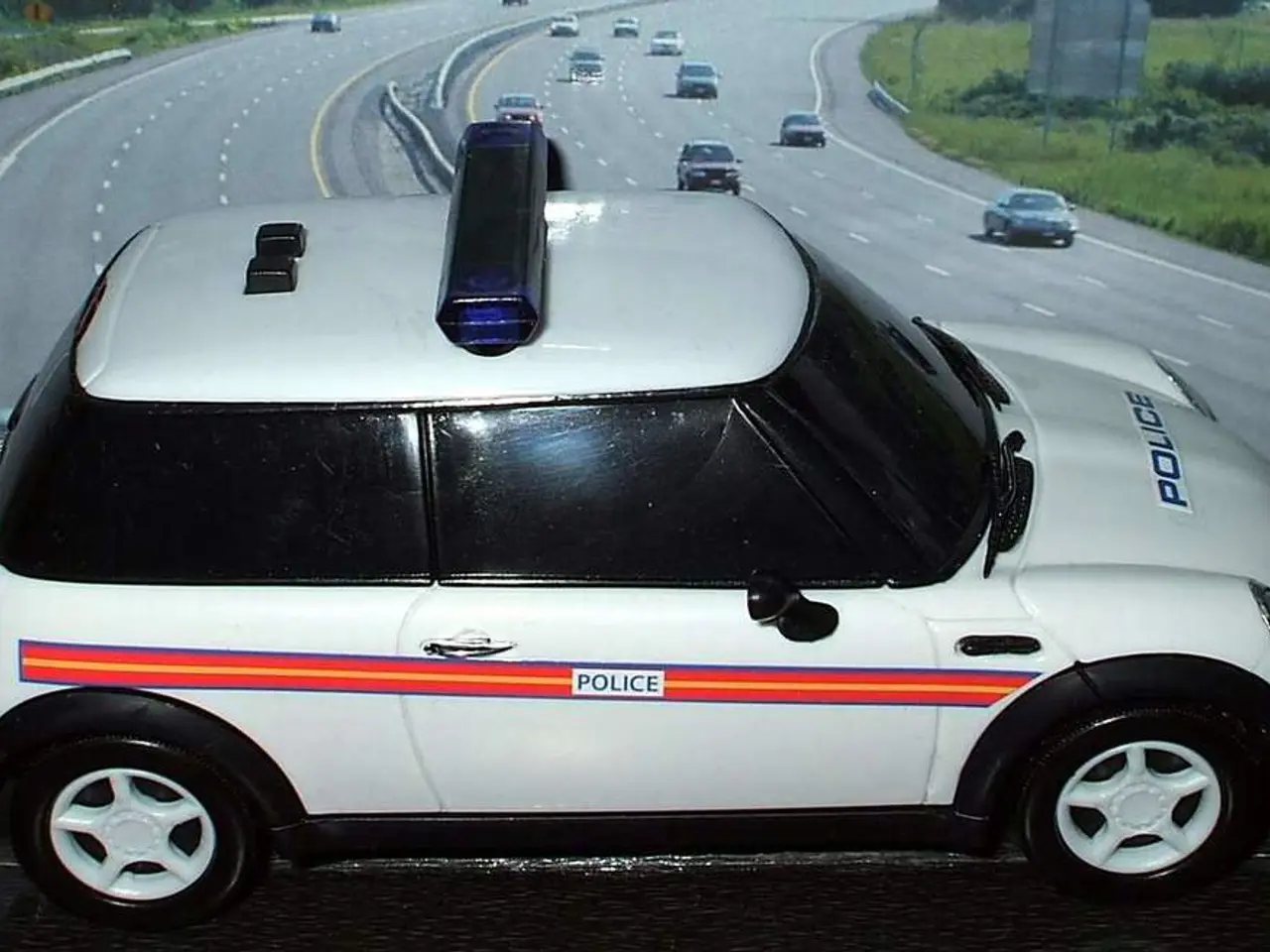Mayor of D.C. defends city's crime stats in response to Trump's threat to seize control of local police force.
The ongoing crime situation in Washington D.C. has been a topic of discussion between President Trump and Mayor Muriel Bowser. Here's a breakdown of the legal authority the President has to intervene, the current status of the National Guard, and the stance of both parties on the issue.
The President of the United States can take control of the District of Columbia Metropolitan Police Department (MPD) under Section 740 of the District of Columbia Home Rule Act. This provision allows federal control "during special conditions of an emergency nature," enabling the President to maintain law and order, protect federal property, and ensure the functioning of the federal government.
To invoke this federal takeover, the President must declare a public safety or crime emergency in D.C., finding that there are "special conditions of an emergency nature" that justify federal intervention. The emergency must threaten the safety of public servants, citizens, tourists, federal buildings, national monuments, or other federal property, and impair the orderly functioning of the federal government located in Washington, D.C. Once declared, the President can require the D.C. Mayor to make the MPD services available for federal purposes and can take operational control of the MPD.
It's important to note that this federal control can last from 48 hours up to 30 days initially. If the President wishes to extend federal control beyond 30 days, a joint resolution from both the House and Senate is required to authorize the extension. The President also has authority under the same act to deploy federal law enforcement agencies, including the National Guard.
President Trump has threatened to deploy the National Guard in D.C., but as of Sunday, the National Guard has not been activated. Mayor Bowser is not in favour of the deployment of the National Guard in D.C.
Crime data for D.C. shows a decrease in violent crime, with a 26% drop compared to last year. Despite this, President Trump has directed multiple federal law enforcement agencies to increase their presence in D.C. after a former White House staffer was assaulted.
Mayor Bowser has responded to President Trump's threats to take federal control of the city, stating that she will continue to work with the President on shared priorities, but emphasized the need for more federal prosecutors, judges, and repairs to parks and buildings. She also took issue with White House Deputy Chief of Staff Stephen Miller's comparison of D.C. to a war-torn country.
Mayor Bowser's interview on MSNBC was her first since Trump's federal takeover threats. She emphasized the need for a collaborative approach to addressing crime in D.C., rather than threats of federal intervention.
President Trump's plan to address the perceived crime issue in D.C. will be unveiled at 10 a.m. on Monday. Stay tuned for updates on this developing story.
[1] D.C. Home Rule Act [2] Federal Control of D.C. Police [3] Presidential Authority over D.C. Police [4] Legal Authority for Federal Intervention in D.C. [5] Federal Control of D.C. Police Explained
[1] The President's authority over the District of Columbia Police Department is defined under the District of Columbia Home Rule Act, Section 740, allowing federal control during 'special conditions of an emergency nature.'
[2] With this provision, the President can enforce law and order, protect federal property, and maintain the functioning of the federal government in D.C.
[3] To invoke federal control, the President must declare a public safety or crime emergency in D.C., and the emergency must meet specific conditions outlined in the act.
[4] After the declaration, the President can take control of the D.C. Metropolitan Police Department, requiring the mayor to make MPD services available for federal purposes.
[5] The federal control can last up to 30 days initially, with the potential for extension via a joint resolution from both the House and Senate. The President can also deploy federal law enforcement agencies, including the National Guard, under the same act.





